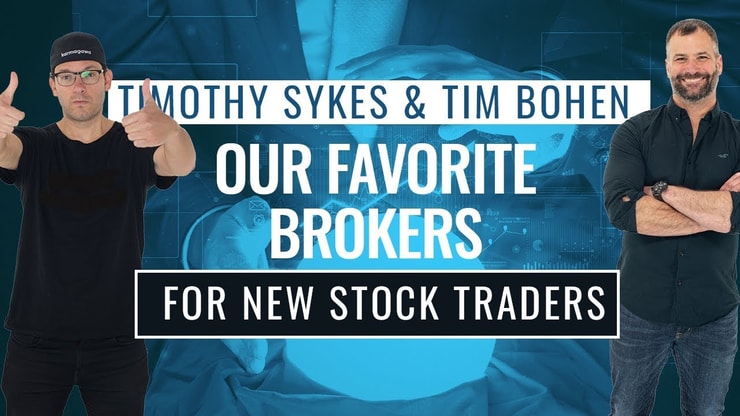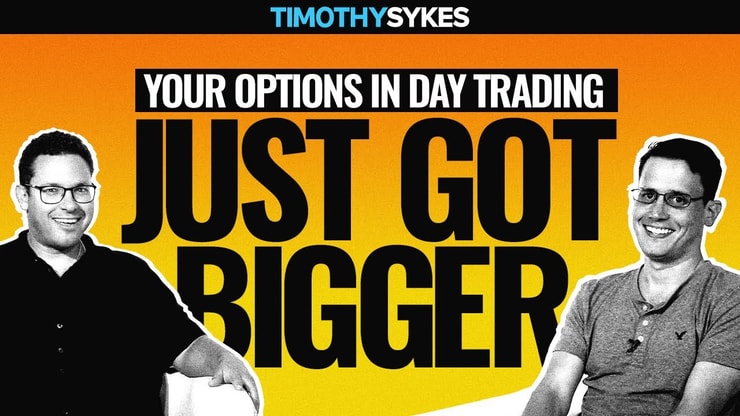Learning how to trade options on Webull is a good choice if you’re looking for a Robinhood alternative…
Webull is a user-friendly online stock broker with a sleek mobile app. It also provides no commission or contract fee options trading, just like Robinhood.
Like Robinhood, Webull limits the range of OTC stocks you can access… but we’re not talking about OTCs today. Anyway, there are no brokers that are 100% good or bad. There are just brokers that work for you and ones that don’t. That’s why it’s important to find the options broker that’s right for you.
Is Webull a good broker for options trading? Let’s dive deeper so you can make an informed decision.
Table of Contents
Options Trading on Webull

2025 Millionaire Media, LLCWebull offers a robust trading app for stock option traders. Here are some of this online broker’s best features:
- No options contract fees or commissions
- Free real-time market data
- A sleek and intuitive interface
- Web, desktop, and mobile platforms
- Assistive features for users with cognitive disabilities and visual impairments
Want to know about other options trading brokers? Check out my guides to Questrade and TD Ameritrade.
Benefits of Trading Options Using Webull
What makes Webull a popular choice for options traders? Here are some of its benefits:
Good for Beginner and Intermediate Traders
Webull’s educational resources aren’t the most complete. But it’s got a wider appeal, catering to both beginners and more advanced traders.
You can find advanced tools like technical indicators and in-depth charting on Webull. They’re all presented with a user-friendly interface.
That means beginners can easily learn the basics. Meanwhile, experienced traders can get right into the app after a small learning curve.
No Minimum Deposits
Like most other brokers, Webull requires no minimum deposits.
More Breaking News
- BBAI Faces Legal Storm: Stock Fluctuation Insights
- Investigation Targets Hertz as Stocks Take a Dive
- United Airlines Stock Faces a New Challenge
Virtual Options Trading Platform
Webull offers a paper trading options platform. This means you can practice trading without risking real money.
Paper trading platforms don’t teach you the emotional control you need when real money is on the line. But they’re a great way to get your feet wet and get some initial trading experience, as well as hone new strategies.
No Commission or Contract Fees
Like most of its peers, Webull boasts commission-free trading. Unlike most, you don’t have to pay contract fees on options either.
Robust Mobile App
Unlike most brokers, Webull’s mobile app was designed before its other platforms. That makes it easier to trade on the go than other mobile apps, which are basically scaled-down computer programs.
If you’re in the market for a powerful desktop trading platform, try StocksToTrade. It’s my favorite trading platform (and the one I helped design).
Give StocksToTrade a try today — a 14-day trial is only $7!
Steps to Start Trading Options on Webull

2025 Millionaire Media, LLCHere’s a simple four-step guide to start trading options on Webull:
1. Open a Webull Account and Upload Funds
The first thing to do is sign up for Webull on the website or mobile app.
There’s no minimum deposit, but you’ll want some cash to get started.
2. Apply for Options Approval
Only eligible accounts qualify for trading options. You’ll need to fill out an options trading application. This application measures your investing experience and financial situation.
Webull will assign you a trading level based on the application. You can’t upgrade your trading level directly, though. You need to re-apply and go through the approval process again to level up.
Learn more about how trading options works in this guide.
3. Hit the “Options” Tab
Accessing options trading in the app is easy. Just enter the stock’s details menu, then select the Options tab. It’ll take you to the options chain of your selected stock.
4. Start Trading Options
Got your trading account approved? Time to start trading! As always, these trading rules still apply:
- Learn from successful options traders
- Don’t copy other traders’ options trades
- Make your own watchlists and stock picks
- Record and review every trade to refine your trading strategy
Learning from experienced traders is one of the best ways to learn all of the rules.
If you’re searching for a mentorship program, check out my former student Mark Croock’s Evolved Trader. He’s taken my penny stock strategies and applied them to options trading — making $3.9 million in career earnings in the process!
Here’s a sneak peek of Mark’s curriculum:











Leave a reply